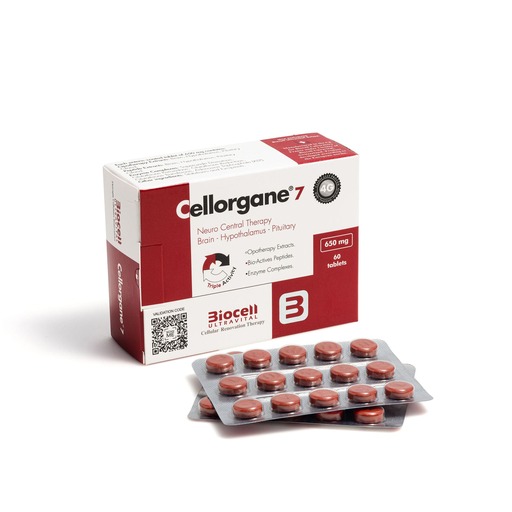Understanding Diverticular Disease: Causes and Treatment Option.
What is Diverticular Disease?
Diverticular disease refers to the presence of small pouches or pockets, called diverticula, that form in the wall of the colon. When these pouches become inflamed or infected, the condition is known as diverticulitis. Diverticular disease is often associated with a low-fiber diet and can lead to symptoms such as abdominal pain, bloating, changes in bowel habits, and complications like abscesses or perforations.
Causes of Diverticular Disease:
- Low-Fiber Diet: A diet low in fiber can contribute to the development of diverticular disease. Insufficient fiber intake can lead to constipation, increased pressure in the colon, and the formation of diverticula.
- Aging: The risk of diverticular disease increases with age, with the majority of cases occurring in individuals over the age of 40. Weakening of the colon walls and changes in bowel function over time can contribute to the development of diverticula.
- Genetics: There may be a genetic predisposition to developing diverticular disease, with a family history of the condition potentially increasing an individual's risk.
- Lifestyle Factors: Certain lifestyle habits, such as smoking, obesity, and lack of physical activity, can also play a role in the development of diverticular disease.
Treament Options for Diverticular Disease:
- High-Fiber Diet: Increasing fiber intake can help prevent and manage diverticular disease by promoting regular bowel movements and reducing pressure in the colon. Foods rich in fiber, such as fruits, vegetables, whole grains, and legumes, can support digestive health and prevent constipation.
- Hydration: Staying well-hydrated is essential for maintaining healthy bowel function and preventing constipation. Drinking an adequate amount of water each day can help soften stool and make it easier to pass.
- Lifestyle Modifications: Adopting a healthy lifestyle that includes regular physical activity, maintaining a healthy weight, and avoiding smoking can help reduce the risk of diverticular disease and support overall digestive health.
- Surgical Intervention: In severe cases of diverticular disease with complications such as abscesses, perforations, or recurrent episodes of diverticulitis, surgery may be necessary to remove the affected portion of the colon. disease.
- Medications: In cases of mild diverticular disease or diverticulitis, medications such as antibiotics, pain relievers, and stool softeners may be prescribed to manage symptoms and promote healing.
- Biopeptides: Modernly the assistance of therapies as the Biopeptides in the treatment and prevention of diverticular disease is growing astronomically because chronic and degenerative diseases are currently on the front page of the media and constitute a widespread problem that affects all sectors of society in the population of any country. The mechanism of action of peptides is similar to that of drugs, since the last three amino acid residues adjacent to the C-terminal region of the peptides that present therapeutic activity are strongly bound to the active site where they have a greater specificity of inhibition.
Mild diverticulitis can be treated with rest, changes in your diet and antibiotics plus CELLORGANE #2, to help revitalize and support your digestion system Severe or recurring diverticulitis may require surgery.
By understanding the causes and treatment options for diverticular disease, you can take proactive steps to support your digestive health and well-being.
Here's to digestive wellness, informed choices, and effective management of diverticular disease for a healthier future.
Featured Product
